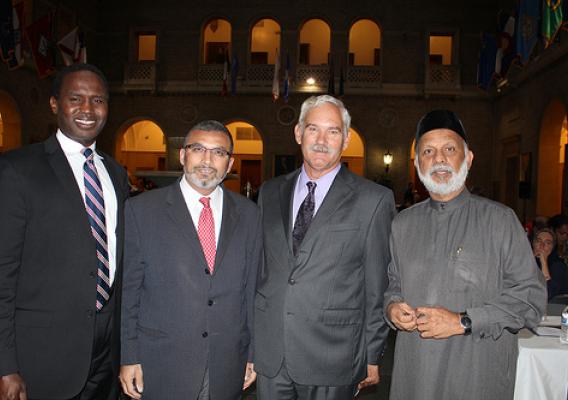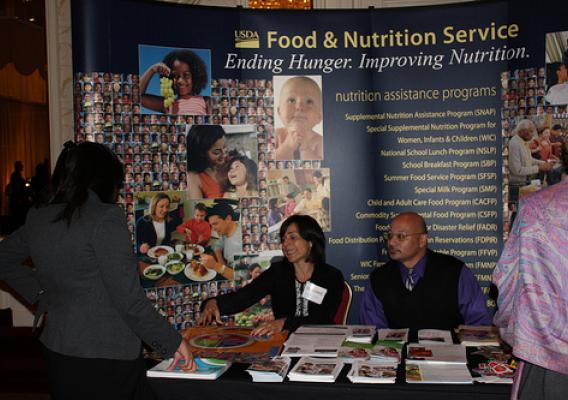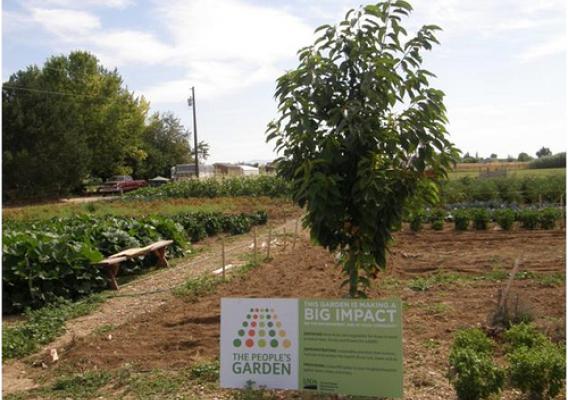In many parts of the United States, the summer months are a time when food banks and pantries experience a higher demand alongside decreased donations. As part of this past summer’s Feds Feed Families food drive, USDA employees in Mayaguez, Puerto Rico, enthusiastically joined in the effort to help friends and neighbors struggling to put food on the table. The 28 members of the staff at the Tropical Agriculture Research Station include scientists, farmers and gardeners, as well as employees in supportive roles. As part of their research efforts, the USDA Tropical Research Center periodically harvests hundreds of pounds of green bananas at a time from experimental plots. Rather than let this healthy food go to waste, the office donates the bananas to a government-run nursing home in Mayaguez. There the bananas are used to prepare traditional, local dishes.
Some of the dishes prepared with the donated bananas include pasteles, which are made from ground banana stuffed with meat or chicken, wrapped in a banana leaf and cooked. Two other delicious dishes are bollitas, or small ground banana balls cooked with pigeon peas and served over rice, and serenata, a dish of boiled green banana served with codfish, onions, tomatoes, olive oil, salt and pepper. Bananas are an excellent source of fiber, potassium, and magnesium, are rich in Vitamins B6 and C, and make a delicious dessert or snack--just make sure to let them ripen first!







